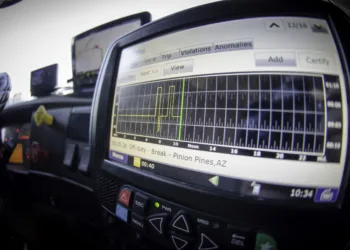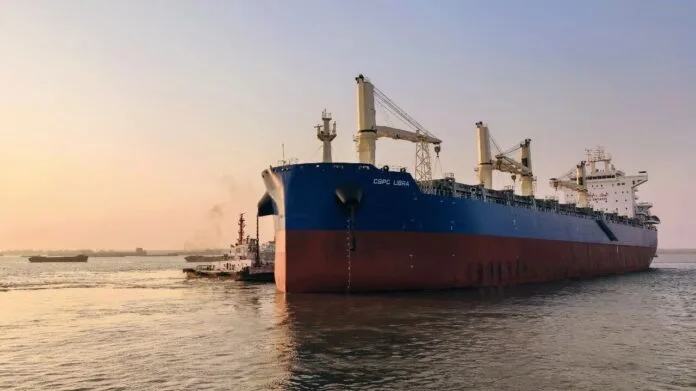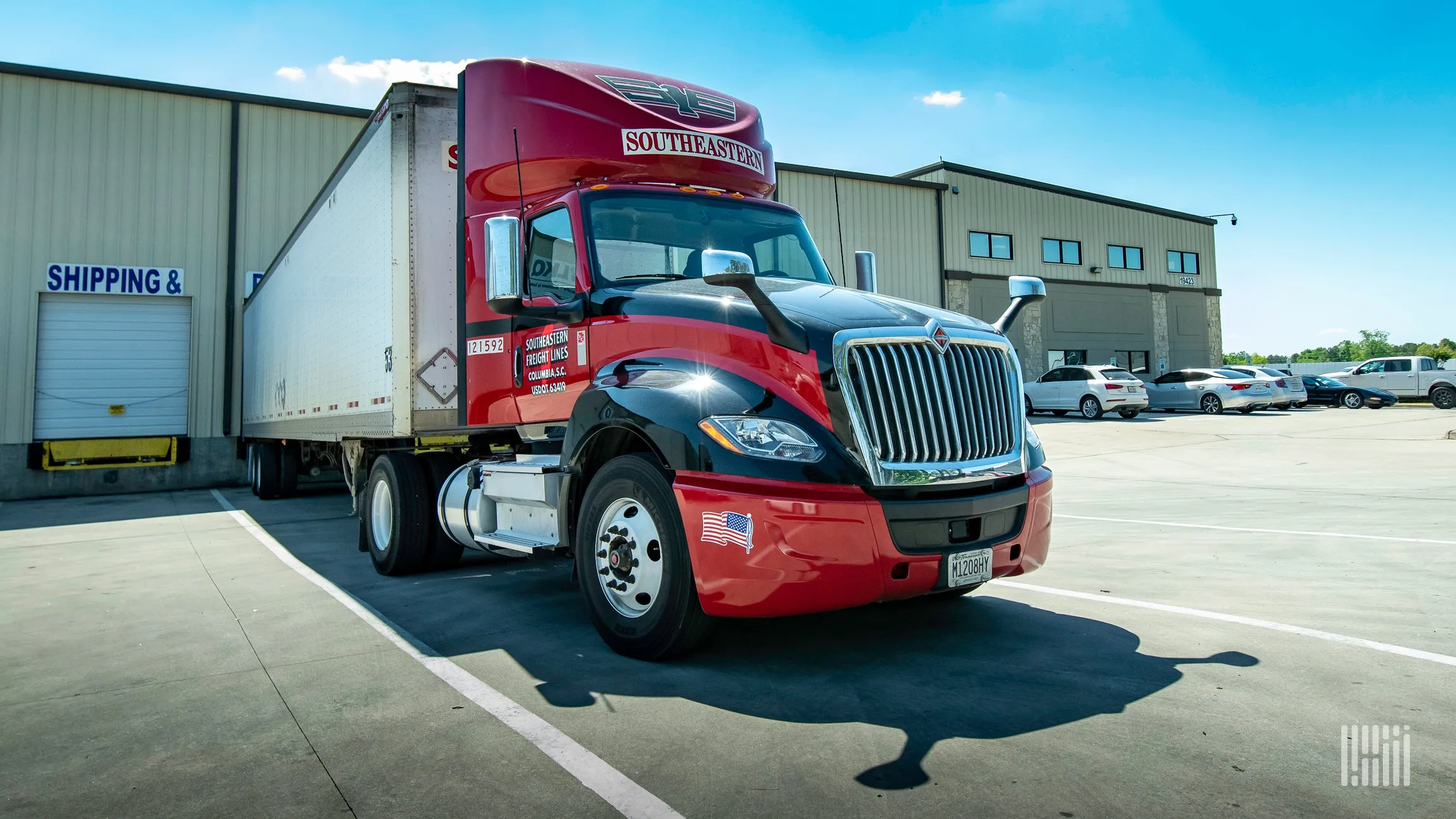The Global Centre for Maritime Decarbonisation (GCMD) has published results from its six-month Project LOTUS trial, showing that long-term use of biofuels on oceangoing ships can be done safely without hitting performance or costs.
Launched with Japan’s Nippon Yusen Kaisha in May 2024, the project put a B24 blend – 24% fatty acid methyl ester (FAME) mixed with very low sulphur fuel oil (VLSFO) – through its paces aboard a pure car and truck carrier (PCTC). Main and generator engines clocked 2,888 and 1,813 running hours, respectively on the fuel, with inspections at dry dock confirming no abnormal wear, sludge build-up, or hardware damage.
Fuel and lube oil sampling showed the blend remained within ISO specs despite acid values rising during storage, while no microbial growth was detected. Original equipment makers have since confirmed that engines and fuel systems are compatible with continuous B24 use, provided ship operators follow proper handling and maintenance protocols.
The report closes a longstanding gap in operational data for sustained biodiesel use, a pressing issue with the IMO’s net-zero framework now pushing shipowners to boost biofuel blends in order to meet tightening greenhouse gas intensity targets.
GCMD’s structured monitoring framework, created during the project, is now publicly available, offering a template for systematic fuel and equipment tracking at sea.
“Project LOTUS grounds the conversation around the extended use of biofuels in evidence,” said GCMD chief Lynn Loo. “Our findings show they can be deployed safely and reliably, providing a concrete pathway for shipping’s decarbonisation.”
The use of biofuels in shipping has been generating plenty of headlines this year.
Determined to push back against the rise in biofuel use, many NGOs and shipping lines came out earlier in the year arguing that the majority of biofuels produced now from food crop-based feedstocks come with direct and indirect deforestation, and many other sustainability issues ranging from water scarcity to food security.
Nearly a third of global shipping could run on biofuels in 2030, recent analysis from NGO Transport & Environment (T&E) shows, up from less than 1% today.
The study by Cerulogy on behalf of T&E shows that palm and soy oil would likely make up nearly two-thirds of the biodiesel used to power the shipping industry in 2030 as they represent the cheapest fuels to comply. This poses a serious climate problem, T&E warned, as palm and soy are responsible for two to three times more carbon emissions than even the dirtiest shipping fuels today, once deforestation and land clearance are taken into account.
The fuel-intensive shipping industry would need vast amounts of farmland. 34m hectares in 2030 – the total area of Germany – will be needed to produce enough crops to meet the increased biofuels demand from the shipping industry, the study published in February suggested.
While many shipping companies have embraced recycled vegetable oil as an alternative fuel, campaigners have hit out at this too arguing that wastes and residues, including animal fats, are in limited supply and existing demand far exceeds their availability. Furthermore, many of those residues and wastes have high indirect greenhouse gas emissions, due to competition between biofuels and other uses.
Analysis from T&E shows a 20,000 teu boxship travelling between China and Brazil would alone require the yearly waste oil from more than 2,000 McDonald’s restaurants, while to run it on animal fats would require over 1m pigs.


















